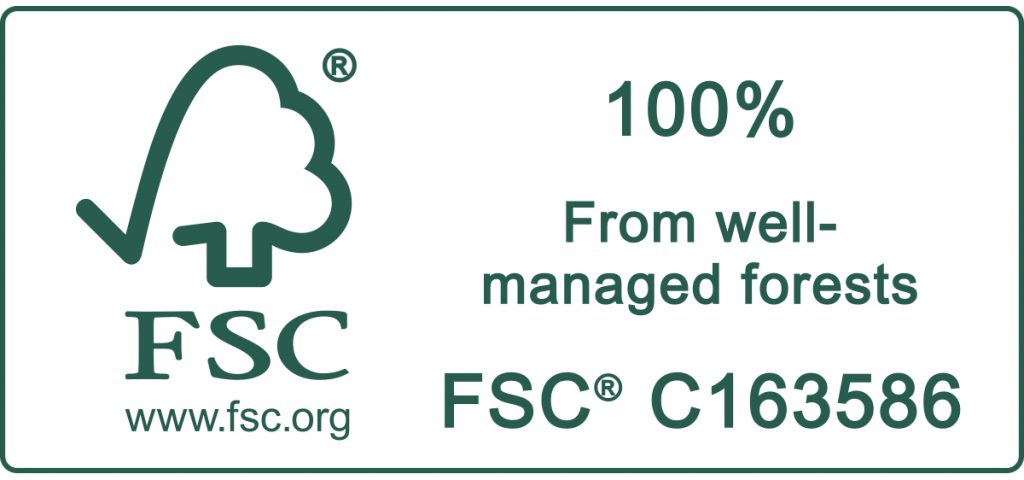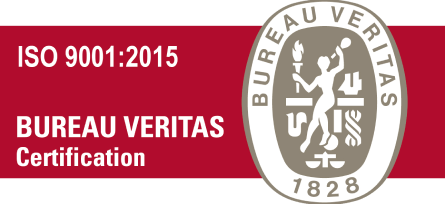In recent news, the Paris Agreement has faced some significant challenges. The agreement, which aims to combat climate change by reducing greenhouse gas emissions, has been criticized for its lack of effectiveness in achieving its goals. Despite the efforts of participating countries, it seems that the Paris Agreement is not living up to expectations.
Another agreement that has faced scrutiny is the DoD Mobile Device User Agreement. This agreement is designed to ensure the secure use of mobile devices by Department of Defense personnel. However, there have been concerns raised about the effectiveness of this agreement in preventing security breaches and protecting sensitive information.
On the financial front, the Agreement of Finance has also come under fire. This agreement aims to regulate financial transactions and ensure fair practices in the financial industry. However, critics argue that the agreement fails to address some of the larger issues in the industry, such as income inequality and unethical practices.
Meanwhile, the Antitrust Division Model Plea Agreement has faced its own set of challenges. This agreement, which is used in antitrust cases, has been criticized for being too lenient on corporations. Some argue that the agreement allows corporations to escape harsh penalties and continue engaging in anticompetitive behavior.
Shifting gears, let’s talk about the Agreement for Room Rent. This agreement is commonly used in rental situations to outline the terms and conditions of the rental agreement. However, there have been instances where tenants and landlords have disputed the terms of the agreement, leading to legal complications and strained relationships.
In the technology realm, the Guide Contractuel Relatif au Software as a Service (SaaS) has encountered its own set of challenges. This agreement, which provides guidelines for the use of software as a service, has been criticized for its complexity and lack of clarity. Some argue that the agreement needs to be more user-friendly and accessible to all parties involved.
The aviation industry is not exempt from agreement-related issues. The SPA Agreement Airlines has faced criticism for its lack of transparency and unfair practices. Passengers have expressed frustration over hidden fees and last-minute changes to flight schedules, leading to growing concerns about the agreement’s effectiveness in protecting passenger rights.
Furthermore, the Chase Paymentech Merchant Agreement has been a source of controversy in the business world. This agreement, which governs the relationship between merchants and payment processors, has been criticized for its high fees and strict terms. Some merchants argue that the agreement puts them at a disadvantage and limits their ability to thrive in the marketplace.
In the legal field, legal training contracts jobs have been a topic of debate. Some argue that these contracts, which require new lawyers to work for a specific firm for a set period of time, restrict job mobility and limit career options. There have been calls for more flexible and balanced agreements in the legal industry.
Lastly, we have the Come to an Agreement Honeymoon in Vegas dilemma. This phrase is often used humorously to describe situations where consensus seems impossible to achieve. While not an actual agreement in the traditional sense, this phrase highlights the challenges of reaching agreements and finding common ground in various areas of life.
Overall, these examples demonstrate that agreements, no matter their nature or purpose, can encounter problems and face criticism. It is crucial to continuously evaluate and improve agreements to ensure they effectively address the issues at hand and serve the best interests of all parties involved.





